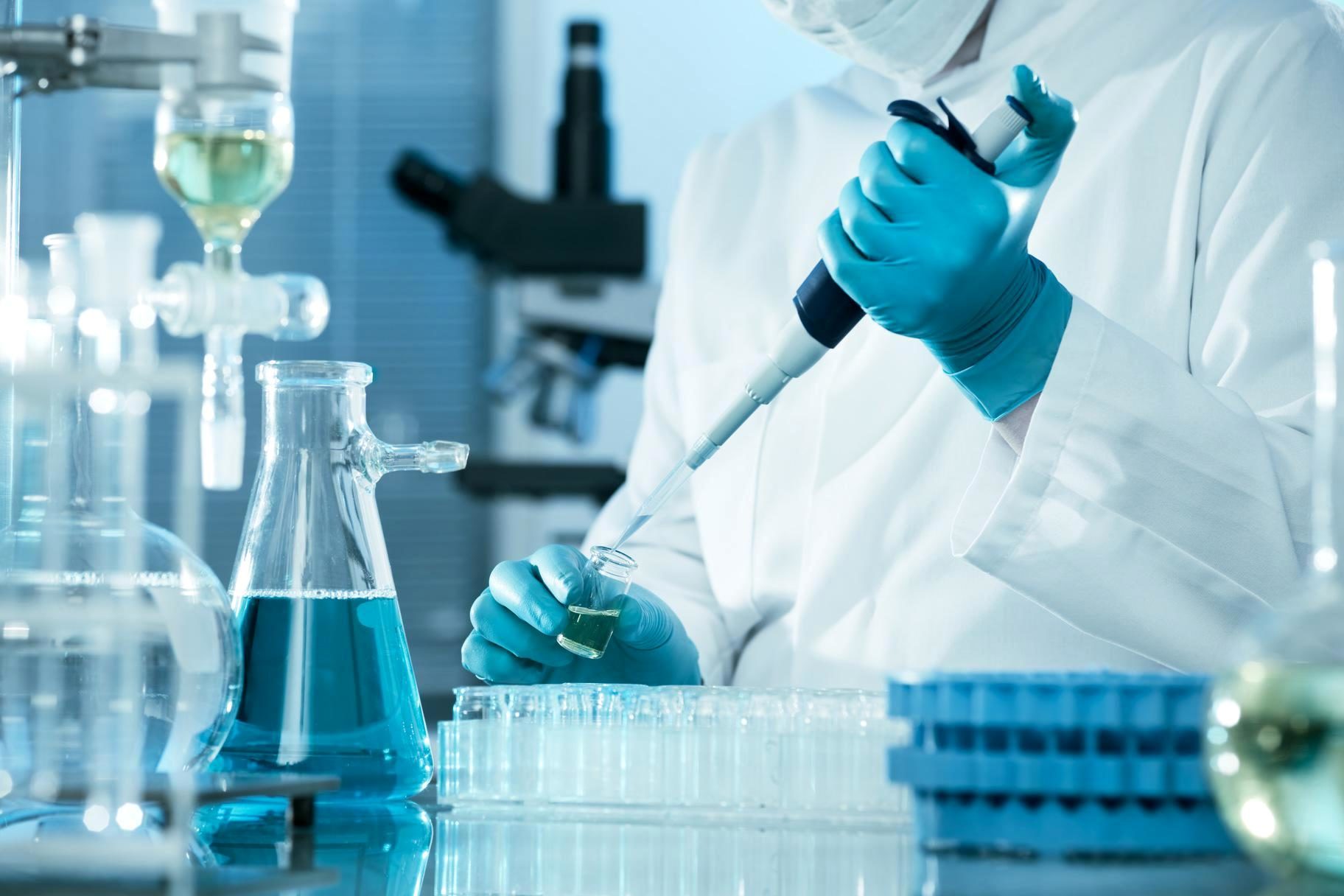JIS K6251 Vulcanized Rubber Tensile Chemical Testing
The JIS K6251 standard is a critical guideline in the automotive industry, particularly for rubber components that undergo chemical exposure. This testing procedure evaluates how vulcanized rubber specimens withstand various chemicals over time. Understanding the behavior of these materials under chemical stress helps ensure durability and reliability across diverse applications.
Compliance with JIS K6251 is essential for manufacturers seeking to meet international quality standards, especially those operating in markets like Japan or exporting to countries that recognize this standard. Automotive suppliers must demonstrate their products' resistance against a range of chemicals commonly encountered during vehicle operation and maintenance.
The test involves exposing vulcanized rubber specimens to specific chemical solutions under controlled conditions. Specimens are then subjected to tensile testing post-exposure, allowing for the measurement of changes in strength and elongation compared to pre-test values. This method provides insights into potential degradation mechanisms that could affect product lifespan and performance.
For automotive components like hoses, belts, and seals, ensuring chemical resistance is crucial for maintaining integrity under real-world conditions. The JIS K6251 test helps identify any vulnerabilities in design or material selection early on, enabling manufacturers to make necessary adjustments before production begins.
The standard specifies detailed procedures for specimen preparation, testing parameters, and acceptance criteria. Compliance requires strict adherence to these guidelines throughout every stage of the process—from sample procurement to final analysis. By adhering to such stringent protocols, laboratories can provide reliable data that supports informed decision-making within organizations.
Given its importance in ensuring product reliability across various environments, compliance with JIS K6251 is not only beneficial for suppliers but also essential for end-users who rely on safe and durable automotive components. In essence, this testing ensures that rubber parts meet stringent quality requirements before reaching the market, thereby enhancing overall vehicle safety and performance.
Why It Matters
The JIS K6251 Vulcanized Rubber Tensile Chemical Testing is pivotal in automotive manufacturing as it directly impacts product longevity and safety. By evaluating how rubber components fare under chemical exposure, this test helps manufacturers identify potential weaknesses early on, allowing them to refine their materials or designs before full-scale production.
Automotive suppliers must rigorously follow this standard to ensure that all parts meet stringent quality benchmarks. This commitment translates into more reliable and safer vehicles for consumers worldwide. The results from these tests inform critical decisions about material choices and process improvements, ultimately leading to higher-quality products.
Moreover, compliance with JIS K6251 demonstrates a company's dedication to maintaining high standards of quality control. It fosters trust among customers who value reliability and performance in their vehicles. In an industry where safety is paramount, such adherence underscores a manufacturer’s commitment to excellence.
In summary, the significance of JIS K6251 Vulcanized Rubber Tensile Chemical Testing lies in its role as a benchmark for evaluating rubber components' resilience against chemical stressors. It ensures that automotive suppliers deliver products capable of withstanding real-world conditions, thereby enhancing overall vehicle reliability and safety.
Benefits
Conducting JIS K6251 Vulcanized Rubber Tensile Chemical Testing offers numerous advantages for automotive manufacturers. Firstly, it provides valuable insights into the durability of rubber parts under various chemical environments, enabling engineers to optimize material selection and design improvements.
Identifies potential weaknesses in current designs or materials
Aids in refining processes through continuous improvement initiatives
Enhances overall product reliability by ensuring robustness against chemical exposure
Fosters customer trust and satisfaction with consistently high-quality products
Secondly, this testing contributes significantly to regulatory compliance efforts. By adhering to JIS K6251 standards, manufacturers can ensure their products meet international quality benchmarks, opening up opportunities for broader market reach.
Additionally, the test results serve as robust evidence of a supplier's commitment to maintaining high-quality standards throughout production processes. This transparency builds long-term relationships with customers who appreciate dependable and reliable automotive components.
In conclusion, JIS K6251 Vulcanized Rubber Tensile Chemical Testing brings tangible benefits by enhancing product reliability, supporting regulatory compliance, fostering customer trust, and promoting continuous improvement within the industry.
Environmental and Sustainability Contributions
Reduces waste: By identifying weaknesses early in the production process, this test minimizes the need for rework or scrap, thus reducing environmental impact.
Promotes recycling: Robust materials that pass these tests are more likely to be recycled at end-of-life stages, contributing positively to circular economy principles.
Encourages sustainable practices: Ensuring product longevity through rigorous testing supports broader sustainability goals by reducing resource consumption and energy use throughout the lifecycle of automotive components.
The JIS K6251 Vulcanized Rubber Tensile Chemical Testing plays a crucial role in promoting environmental stewardship within the automotive sector. Through its focus on durability, it contributes to minimizing waste generation while encouraging responsible resource management practices.





